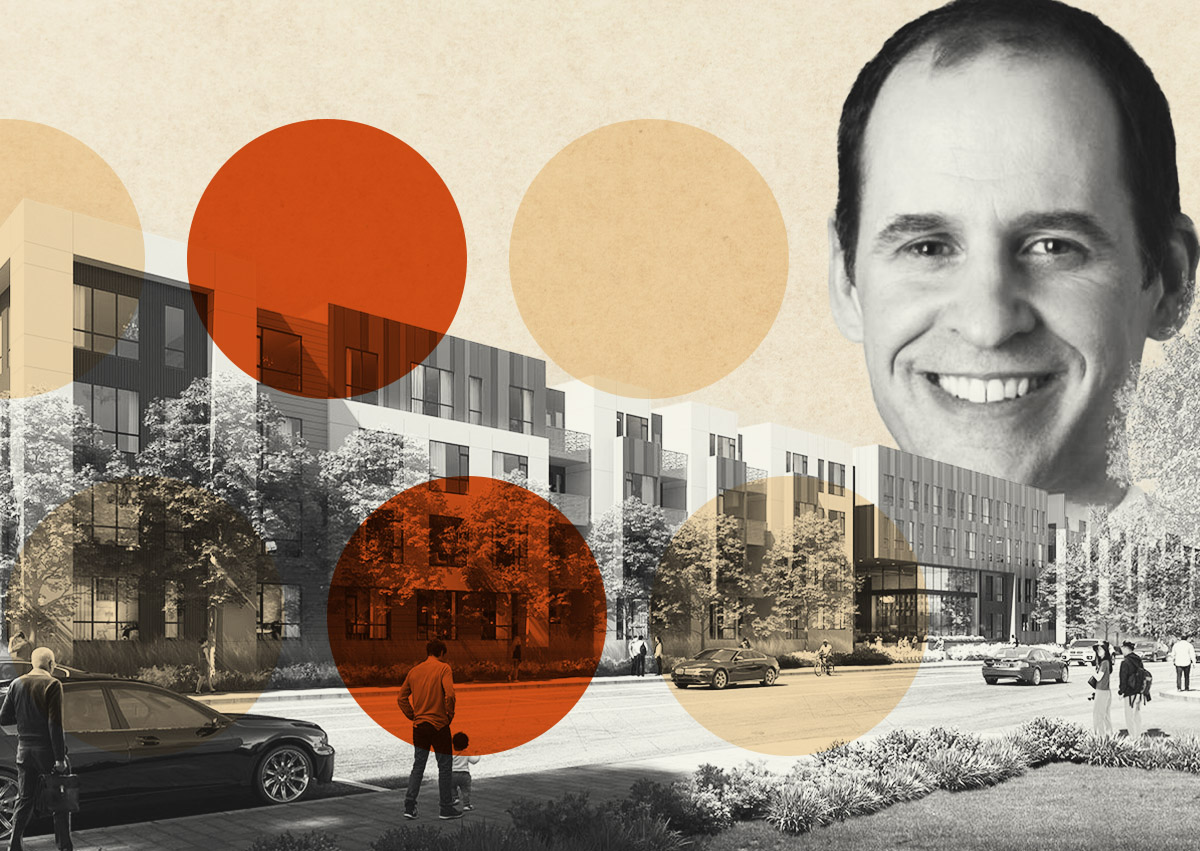The City of Alameda has paused a plan by a Texas landlord to raise rents by passing on the cost of $20 million in building improvements to tenants.
In response to an outcry from renters, the City Council passed a retroactive moratorium on the proposed rent hike by Dallas-based Alameda Multifamily Owner for the South Shore Apartments at 934 Shorepoint Court, the San Jose Mercury News reported.
The unit of Boston-based Rockpoint Group had applied to the city to charge $20 million in building improvements to its tenants. The capital improvement passthrough, or CIP, would have led to a 6 percent monthly increase in rent.
City staff had agreed that these were valid capital improvements, defined as permanent upgrades that increase the value of the property.
But after pushback from tenants at the 400-unit complex outraged about rent spikes from $100 to $500 a month, the city swiftly passed its moratorium, which ends in September.
“We’re not outright banning CIPs, but we put in place a moratorium so we can finally revamp the CIP rules,” Tony Daysog, vice mayor of Alameda, told the Mercury News. He said the city attorney assured the council its moratorium was legally defensible.
The moratorium has left the City Council in the delicate position of potentially altering a policy that has been on the books since 2016, according to the newspaper.
Alameda is one of a few cities in the Bay Area to allow landlords to pass on the full cost of building improvements to tenants. The idea behind these laws, according to Daysog, is to encourage property owners to maintain their buildings.
“From the building owner’s vantage point, there’s nothing wrong with up-keeping your building to make it more beautiful, make it more attractive, generate higher rents on the next tenant,” Daysog said.
Tenant advocates, however, say the rule is almost exclusively used by corporate property owners rather than the mom-and-pop landlords it was intended to help. They add that property owners employ capital improvement laws as a way to evict tenants.
In Alameda, the capital improvement passthrough law doesn’t differ between local landlords with a few units and out-of-state corporations. Daysog said the City Council will need to reconsider if that’s appropriate.
The city could choose to reduce the percentage of the cost of improvements that could be passed on to tenants, he said, or restrict the ability to only to those landlords with just a few units.
— Dana Bartholomew
Read more



